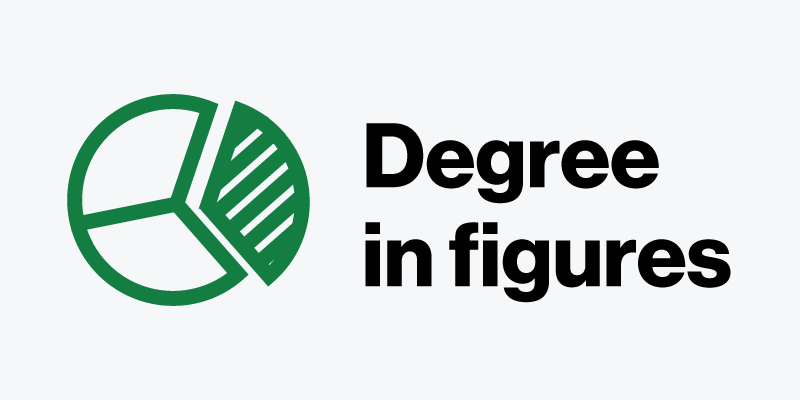General information
- Faculty of Arts and Humanities
- Bellaterra Campus
- Duration: 4 courses - 240 credits
- Places: 70
- Admission mark: 5,000
- Price per credit: 17.69 euros
- Language: Catalan and Spanish.
- Academic calendar
- Learning mode: Classroom-based learning

The bachelor’s degree in Social and Cultural Anthropology uses a local, global and multicultural approach to train professionals in the study of human diversity and the skills needed to take on and resolve contemporary problems from a social and cultural dimension.
The degree provides solid scientific, theoretical and practical training. It will teach you how to think critically and equip you with the tools needed to face emerging needs for intervention and the design of public policies in challenging areas of today’s society, such as the study of social inequalities, urban and environmental adversities, migration, poverty, gender relations, health and wellbeing, conflicts, etc.
This bachelor’s degree stands out for its capacity to prepare students to work professionally as anthropologists. The study plan offers a sequence of technical and methodological subjects which end with a Bachelor’s Degree Final Project. It was also recently awarded an AQU seal for academic quality. Students can complement their studies at the UAB with work placements in more than 30 public and private entities.
Career options
The main areas of employment for graduates are:
- Technical consultants, designing and participating in social and cultural policy-making (at different public administration levels and institutions devoted to social attention such as health, immigration, ethnic minorities, social groups, etc.).
- Intercultural mediation in the health, education, dwellings, employment, food, and consumption sectors.
- Involvement and development of cooperation policies (development cooperation agencies, NGOs and international bodies).
- Assessment and management of ethnological, cultural and natural heritages (public and private museums, libraries, cultural institutions, provincial governments, cultural management firms, nature interpretation centres).
- Specialised assessment in immigration issues for primary and secondary education centres (public administration).
- Equality technicians (private and public institutions).
- Proximity technicians participating as members of groups devoted to exclusion and social risk prevention or homeless children (mainly in public administration posts).
- Community technicians who develop proposals in awareness-raising of cultural diversity and in the prevention of conflict situations in neighbourhoods or territories with a large immigrant population (mainly in public administration posts).
- Marketing research, human resource and organisation consultants (firms, co-operatives, trade unions).
- Documentation, consultancy, production and dissemination of cultural diversity contents: specialised assessment in the mass media in the field of cultural similarities and differences as well as multicultural societies or international migrations.
- Teaching intercultural mediation in universities, higher education centres or secondary education centres.
- Research basic knowledge universities, scientific institutions research groups.
